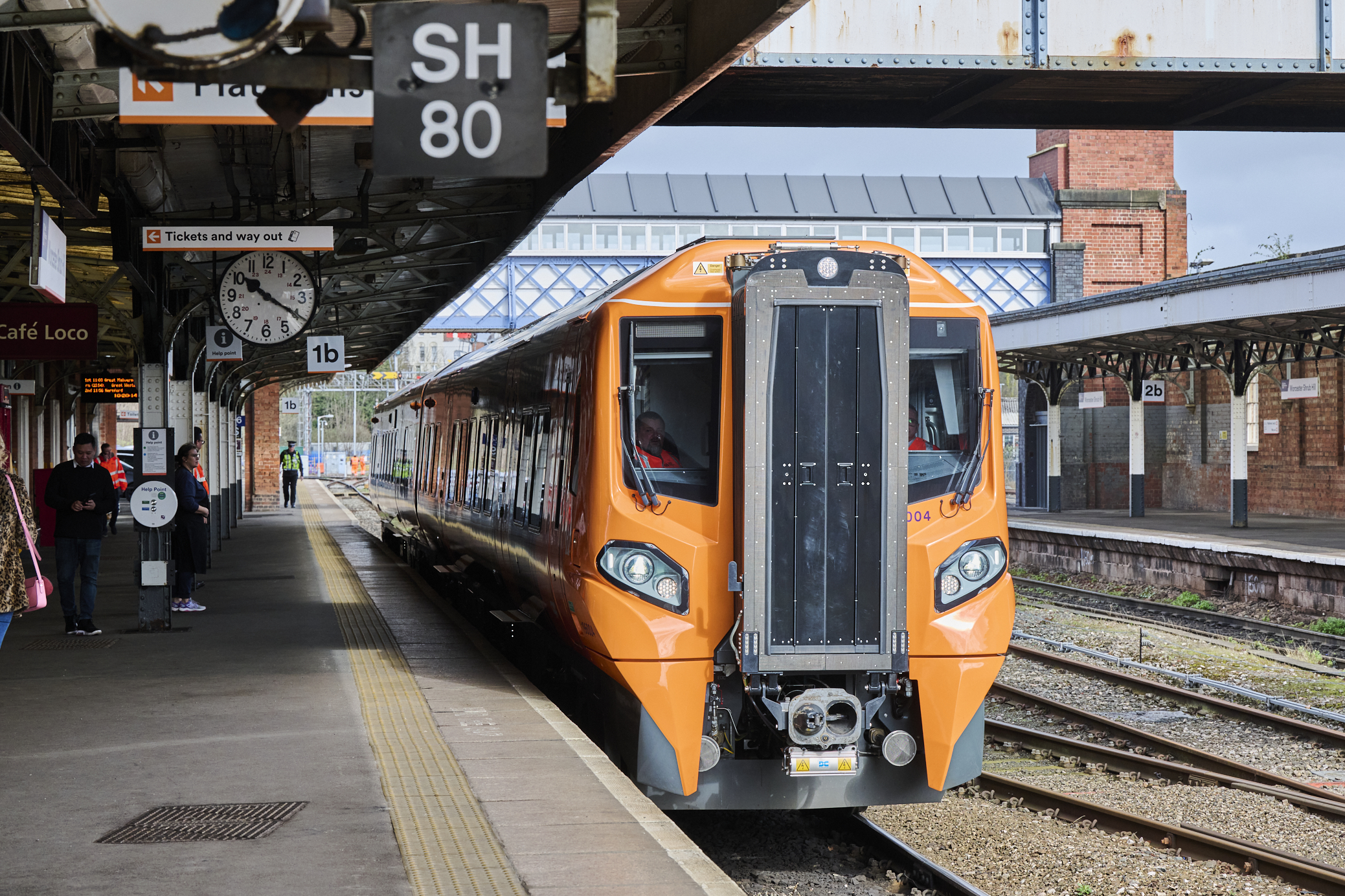West Midlands Rail Investment Strategy

Following extensive consultation with the rail industry, local businesses and the people of the region, we have now launched our updated West Midlands Rail Investment Strategy.
Since we published the original strategy in 2018, the landscape of the industry has shifted and it has faced plenty of challenges. The new strategy details our revised 30-year plan for rail in the region and sets out our key priorities.
Our priorities
Support the recovery from Covid-19
The rail industry needs to recover from the major shock it has suffered during the pandemic. We need to encourage passengers to return and match our services to what passengers need. Key to this will be to:
- demonstrate we have a clean and safe network.
- develop robust timetables that serve passengers' needs.
- ensure the railway is efficient and value for money.
- introduce new train fleets for local services.
- delivering already agreed and funded new stations.
Contribute to net zero
Rail can be the backbone of a cleaner and greener transport system through:
- encouraging modal shift from forms of transport that damage the environment more.
- efforts to reduce the environmental impact of rail transport itself.
Deliver Midlands Rail Hub
Midlands Rail Hub is a circa £1.3bn project which will unlock much needed capacity into central Birmingham, improve access to HS2 and deliver faster and more frequent connections across the region and beyond.
Maximise the benefits of HS2 for the West Midlands
We strongly support the delivery of HS2 in full to both the North West and to Yorkshire via the East Midlands.
In our view, HS2 is an essential intervention and it is imperative to ensure that its benefits are secured and maximised at the earliest opportunity.
Develop high growth corridors reducing social deprivation and levelling up
Central to our vision for rail services is that they should provide the capacity needed for the region's growth in the future, connecting communities, businesses and people to jobs.
Maximise access to the rail network
It is our aim to make the railway as easy to use as possible for everybody. This includes:
- putting stations at the heart of the community.
- integrating different transport modes
- making the railway inclusive for all
- making ticket fares simple to understand and easy to pay.
Supporting the movement of goods by rail
Both economically and spatially, the West Midlands is of vital importance to the freight sector in the UK.
It was vitally important that our strategy took into full account the needs of freight and its future growth.
Consider radical change in the long term
We need to investigate challenging but innovative options for the region's rail network, which could include:
- more major infrastructure schemes providing new capacity
- new tunnel options under central Birmingham
- development of new rail corridors for freight and passenger lines
Consultation
During the process of redeveloping the strategy, we consulted with local people, businesses and industry stakeholders, gathering their thoughts and opinions.
We received over 330 responses to the consultation, with feedback on areas such as better integration with other transport modes, improved accessibility on the network and a more efficient ticketing system.
Thank you to everyone who took part in the consultation. Your feedback was invaluable.
